 |
| June 02, 2023 |
Happy Friday, Readers! Today in Science is evolving! Starting Monday we'll be delivering a new version of this newsletter to your inbox. I hope you enjoy it and reach out and let me know what you think! Have a wonderful weekend. |
| | Andrea Gawrylewski, Chief Newsletter Editor | |
 |
| |
| |
| Cancer When Should You Get a Mammogram? Medical boards and task forces recommend mammogram screenings for breast cancer begin at age 40. But people in high-risk groups may want to consider getting tested even earlier | | | | |
| |
| |
| |
| |
| Artificial Intelligence Car-Free Cities Are the Future, Biometrics Reveal Advanced tools for tracking people’s eye movements and facial expressions can be used to design better places | | By Justin B. Hollander,Johanna Riddle,Eliandro Tavares,Jenna Van Holten,Jenna Whitney | | | |
| Astronomy Why Venus Is So Bright Right Now Our planetary neighbor Venus becomes a brilliant beacon in the sky each time it reaches its greatest orbital distance from the sun | | | | |
FROM THE STORE
 | | | |
| |
LATEST ISSUES
 |
| |
| Questions? Comments?  | |
| Download the Scientific American App |
| |
| |



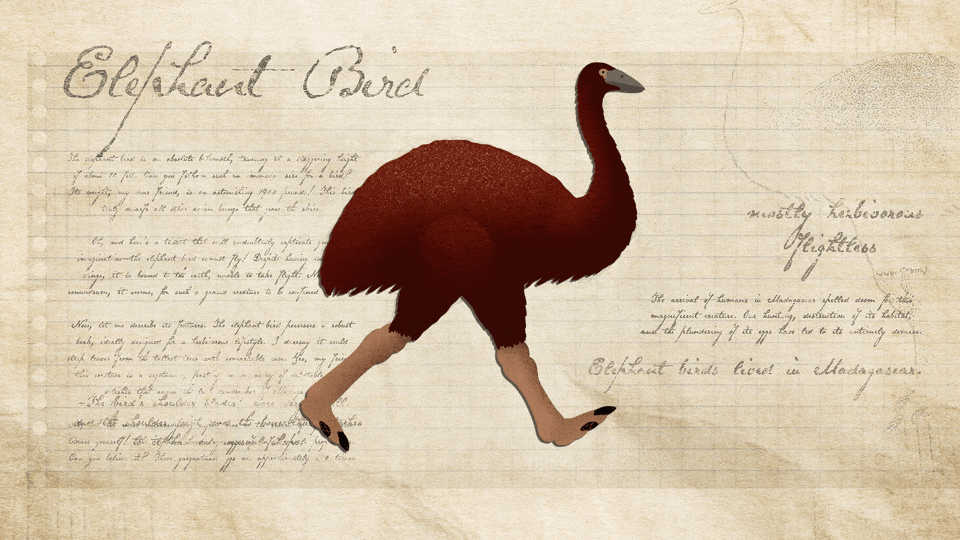


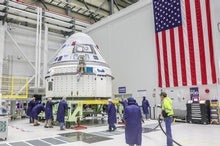

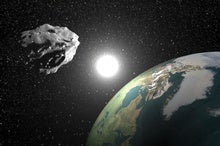


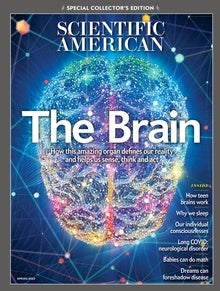

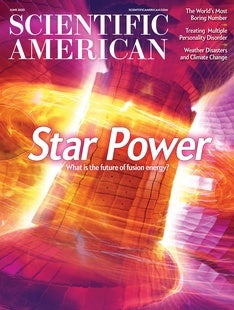

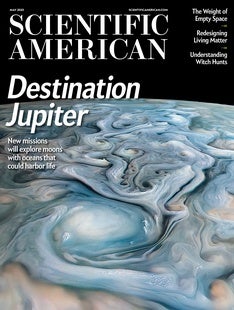
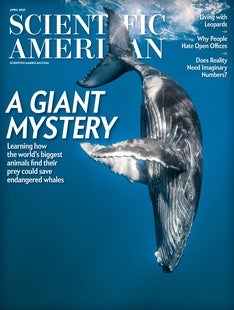



Comments
Post a Comment